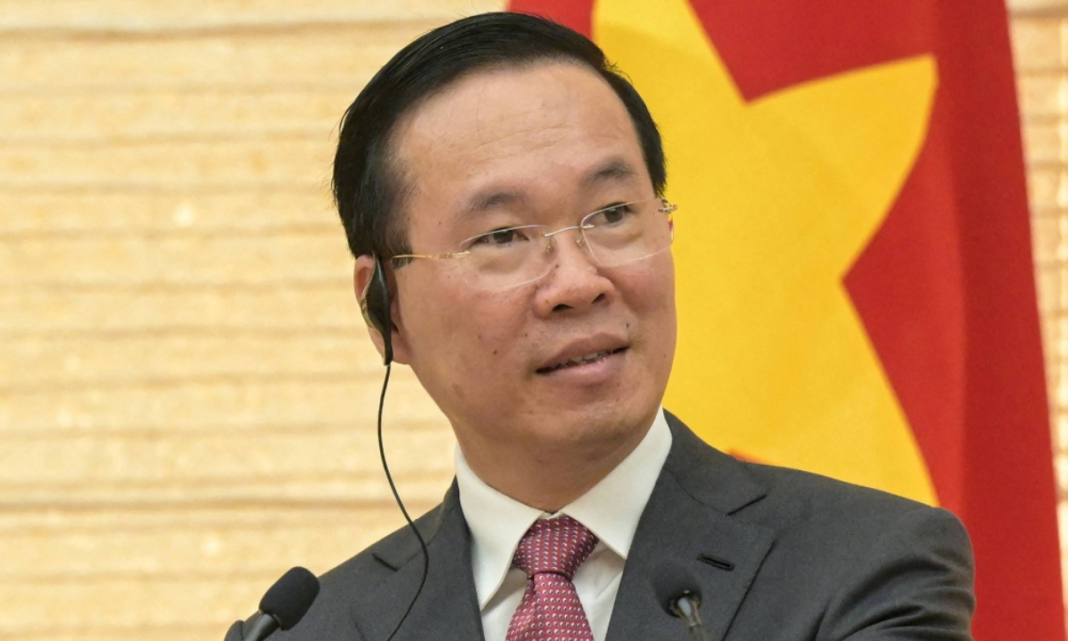The Vietnamese government has declared the resignation of its second president within two years amid an anti-corruption campaign, raising concerns regarding the country’s political stability.
President Vo Van Thuong’s alleged “violations and flaws have negatively affected public perception, as well as the reputation of the party and the state”, state media reported on Wednesday, an
announcement from the Central Committee of the Communist party of Vietnam. No further details of any alleged violations were released.
Thuong assumed the presidency for slightly over a year following the departure of his predecessor, Nguyen Xuan Phuc, who faced corruption allegations involving officials under his authority. The presidential role in Vietnam is predominantly ceremonial, ranking third in the country’s political hierarchy, with the Communist Party general secretary, Thuong, holding the most influential position since 2011. Speculation regarding potential political shifts arose following the postponement of a state visit by the Dutch royal family and the deferment of a planned visit by the World Bank president, both citing “domestic circumstances.” Vietnam, serving as a notable investment destination amid escalating tensions between China and the United States, faces uncertainty regarding its future leadership, particularly with the upcoming 2026 National Congress.
Thuong’s resignation raises significant queries about Vietnam’s leadership succession, as he was viewed as a strong contender due to his youth and close association with General Secretary Thuong. Nonetheless, his departure eliminates a formidable competitor for other candidates, signaling continued political maneuvering leading up to 2026.
His resignation underscores the ongoing anti-corruption efforts, leaving the trajectory of Vietnam’s politics in the short term uncertain, contrasting with its previously perceived stable political landscape.







